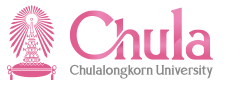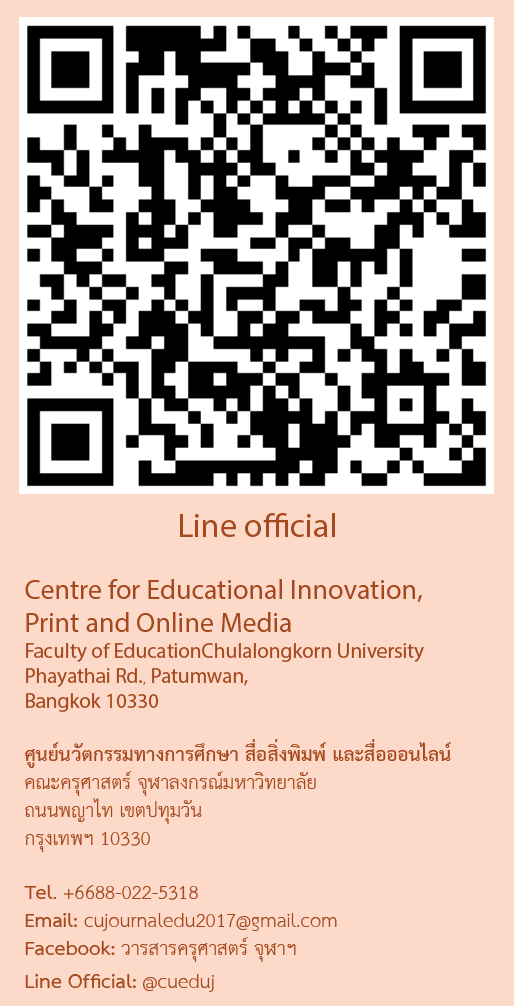Abstract
The purposes of this research were 1) to analyze and compare the career development in Cambodia with those in Thailand and the United States focusing on curriculum, teacher training and management; and 2) to propose appropriate guidelines for organizing non-formal education to enhance career development for unskilled workers in Cambodia. The research used the analysis form, survey form and the guidelines for in-depth interview with selected experts from the Department of Non-Formal Education in Cambodia, University of Cambodia and the National Institute of Education. The samples were 400 unskilled workers in Phnom Penh, Cambodia, of whom 150 worked in manufacturing, 100 in construction and 150 in the service provider sector. The results of the study revealed 1) the United States and Thailand have a specific learning curriculum for career development, while Cambodia does not. There is no teacher training program in Cambodia, while Thailand and the United States have specific teacher training programs for career development. The United States and Thailand used decentralization, but Cambodia used centralization. 2.) The survey showed unskilled workers in Cambodia value the additional knowledge and skills for career development, and they were interested in the skills of clothes sewing, vegetable planting, foods and cake making, hairdressing and make up, animal / fish rising and rice planting techniques. Unskilled workers needed the teacher or facilitator to facilitate their learning progress, and they could spend only 2 hours per week for the training program in the weekend session. The location of the training could be in the community learning center that is nearby their homes. Also, unskilled workers preferred learning by practice and discussion for exchanging experiences and 3) proposed guidelines for organizing non-formal education to enhance career development for unskilled workers in the kingdom of Cambodia divided into 6 parts including 3.1) policy development on organizing training for career development base on unskilled workers? needs; 3.2) a standardized curriculum with flexibility in content, time and place of learning; 3.3) learning activities embedded with income-generating skills and quality of life improvement skills; 3.4) teacher training programs for teachers in non-formal education programs for career development; 3.5) management that is responsive to the needs of unskilled workers; and 3.6) evaluation of learning outcome conducted before, during and after the training.
Publisher
Faculty of Education, Chulalongkorn University
DOI
10.58837/CHULA.EDUCU.42.0.1
First Page
1
Last Page
17
Recommended Citation
Kheang, Somanita and Ratana-ubol, Archanya
(2014)
"Proposed Guidelines for Organizing Non-Formal Education to Enhance Career Development for Unskilled Workers in The Kingdom of Cambodia,"
Journal of Education Studies: Vol. 42:
Iss.
0, Article 1.
DOI: 10.58837/CHULA.EDUCU.42.0.1
Available at:
https://digital.car.chula.ac.th/educujournal/vol42/iss0/1


